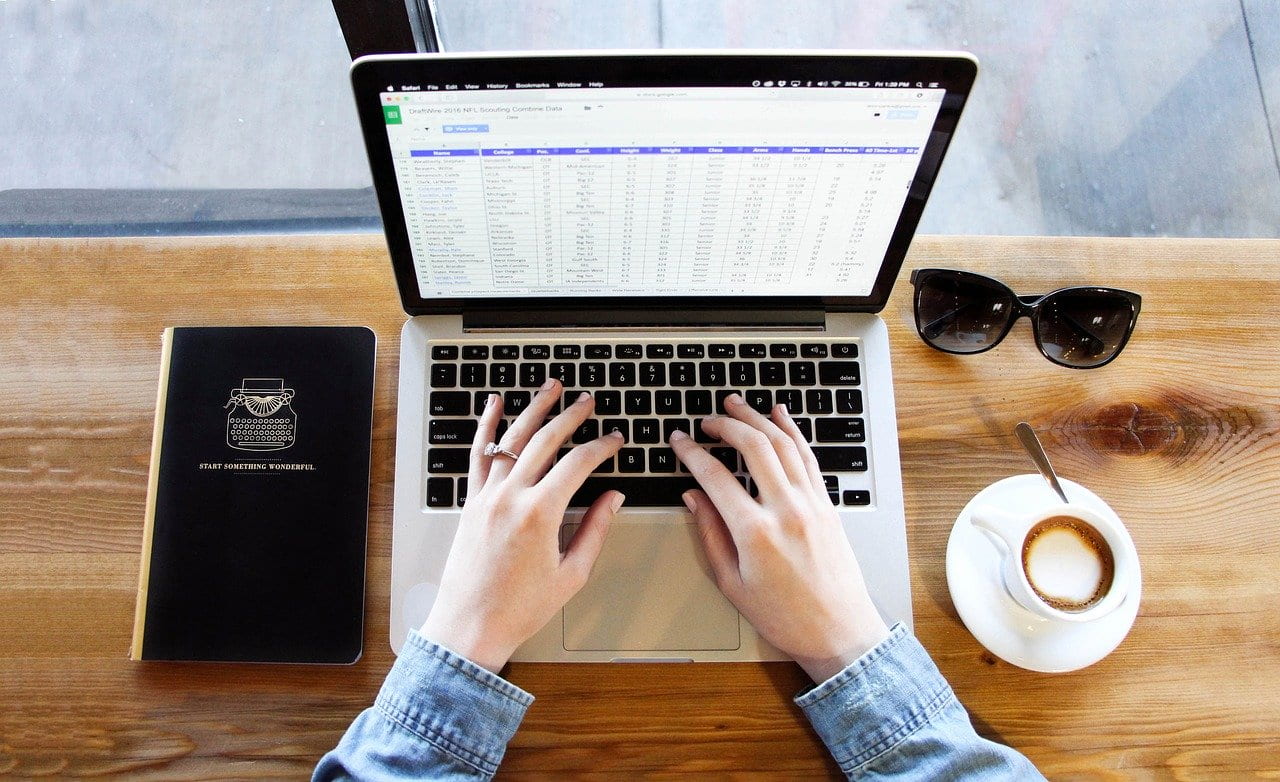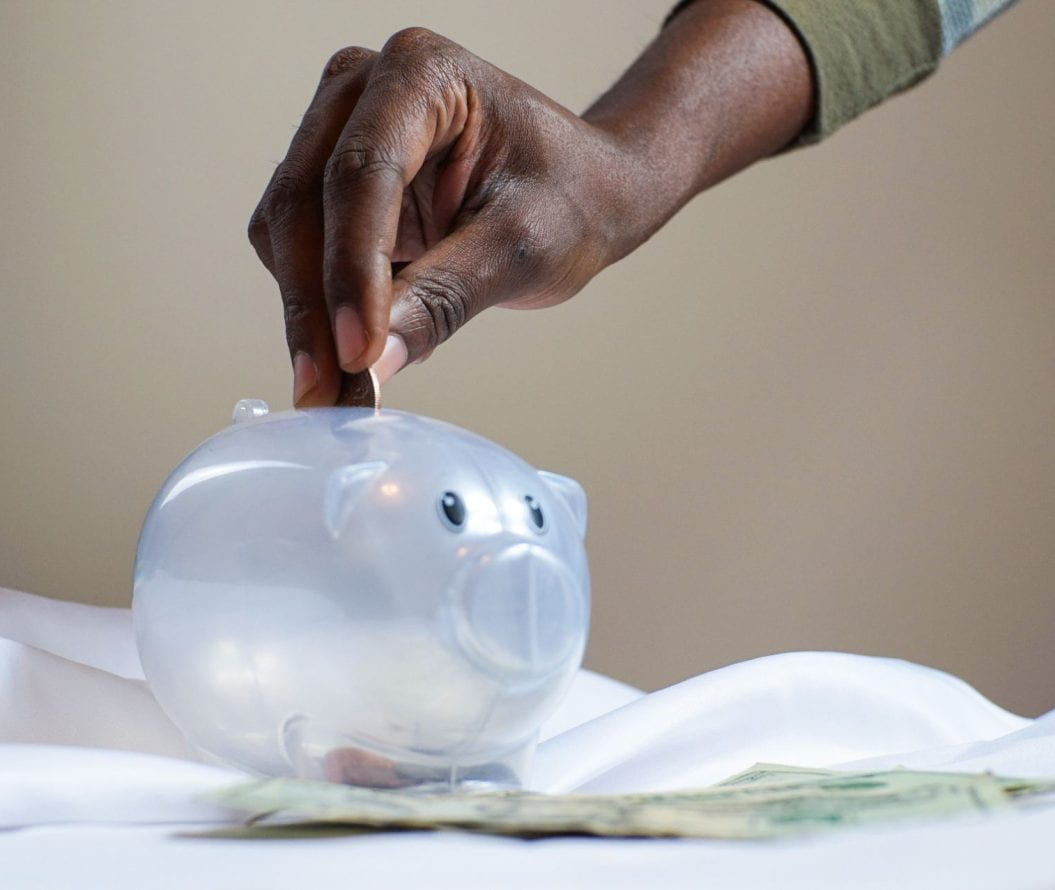I'm an MA Arts Journalism student with a passion for film. In my spare time, I love learning languages and doing yoga and pilates.

Procrastination can be a problem for absolutely anybody, but it’s particularly bad when you’re a student. With no official 9 to 5 workday, no payday incentive, and no boss looking over your shoulder, it’s so easy to put off any work you need to do, and find a million other things to do instead. Here are some methods that have helped me over the years to cut down on procrastination!
Leave your phone in another room while you work
It sounds obvious, but not having your phone with you physically stops you from picking it up and aimlessly scrolling through social media when you get bored. I’ve found that my most productive study sessions have happened when my phone has been completely out of reach. If you want to take it one step further, turn your phone off and put it in a drawer to resist the temptation to check it while making trips to the kitchen or bathroom!
Set limits or goals for working
This could be a time limit, or a word count goal if you’re trying to write something. Sometimes a quick 30-minute focused session, followed by a break doing something you enjoy, can be more productive than sitting in front of your laptop for hours on end waiting for the productivity to hit.
If timed sessions are too much pressure, opt for setting a daily word count goal. This helped me stop feeling overwhelmed when I was writing my undergraduate dissertation. After working out how much I had to write in the time I had left – including leaving time to edit, etc. – I set myself the goal of 400 words a day, which was achievable and helped me cope with the workload. I found that I concentrated more and procrastinated less, because I knew I could relax when I reached my goal every day.
Switch up your study space
This doesn’t have to mean making a trip to a café or the library, but even working in a different room of your house or apartment can help. After months of sitting in the same spot in the same room during lockdown, I realised that I was procrastinating more than usual. Once I moved to work in the kitchen, I found that I was a lot more focused just by sitting at a different table and having a fresh view.
Take a break!
When deadlines are looming, it can be difficult to justify taking a break, but if you find yourself procrastinating then it could be the best thing to do for the sake of your work and, more importantly, your mental health. Watching something on Netflix or YouTube might be tempting, but then you risk falling down the video rabbit hole and turning your short break into a whole day of binge-watching. Natural breaks are the best, whether it’s an indoor workout or a yoga session, going for a walk or a jog, or just sitting outside and reading (weather permitting!).
For more tips on reducing procrastination, check out Becki’s article on time management.
This article is featured on Learning at Lincoln.
Please note: This content was created prior to Coronavirus, and some things might be different due to current laws and restrictions. Please refer to the University of Lincoln for the latest information.
- Topics
- Time management




